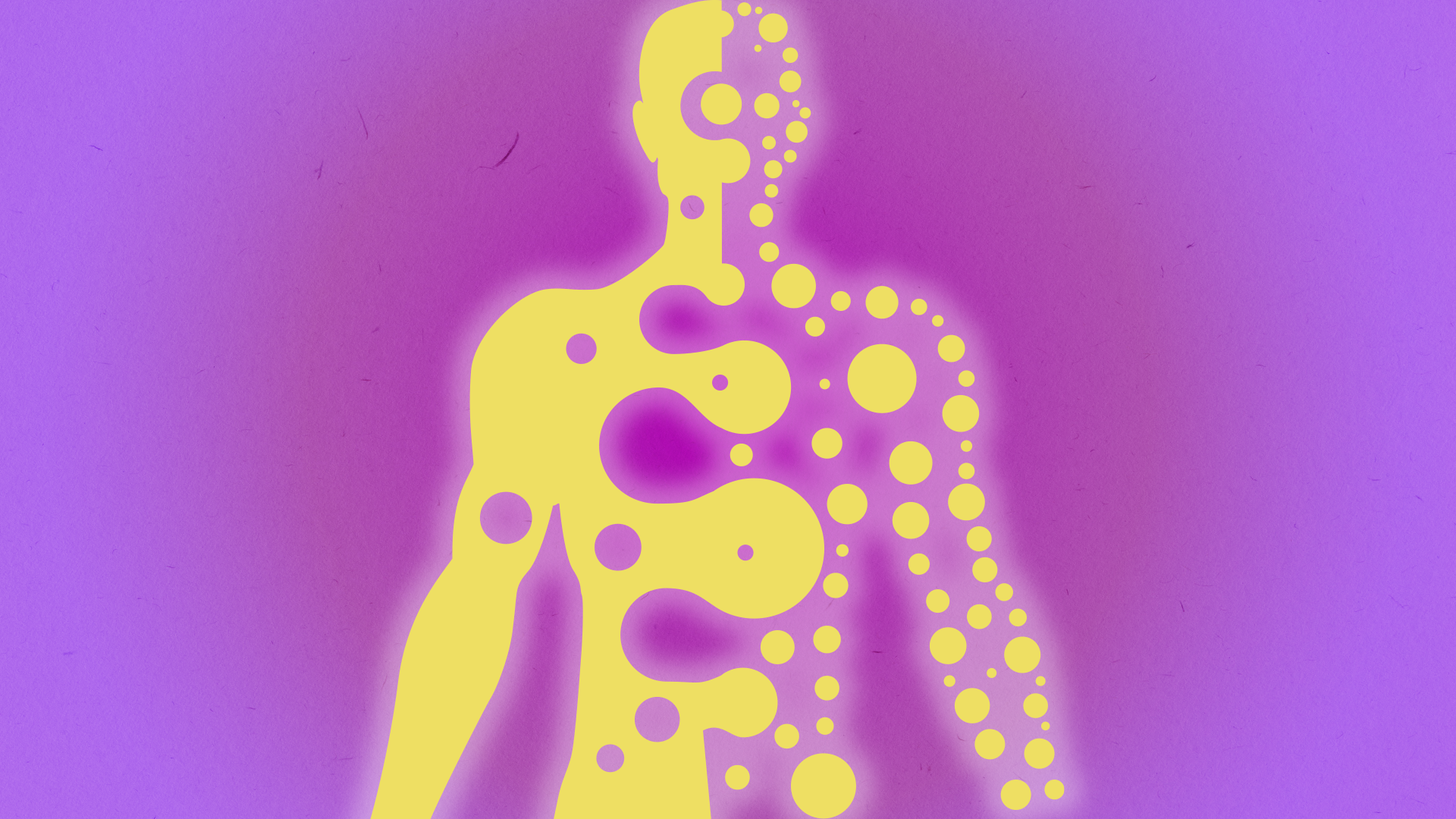
You feel tired for no reason, even when sleep and rest are enough
You sleep through the night. You rest on weekends. Yet mornings feel heavy. Muscles ache. This isn’t simple exhaustion. It’s fatigue that doesn’t respond. Autoimmune fatigue creeps in without warning. It’s not from effort—it’s from confusion inside your body.
You get sick easily, but the illness doesn’t follow a pattern
You catch colds often. But they don’t act the same. One ends in fever. One lingers. Nothing feels predictable. Your immune system doesn’t coordinate properly. It can underreact to viruses. Or overreact to your own tissues. You never know which version wakes up.
You have inflammation, but doctors can’t find a clear reason
Your joints swell. Your skin burns. Labs look close to normal. But the symptoms grow. Inflammation doesn’t always need a trigger. Autoimmunity means the body sees itself as a threat. The fire starts from inside. Without injury. Without invaders.
You develop symptoms that come and go without a clear cycle
Some days are fine. Others feel impossible. Pain appears suddenly. Then vanishes. You track food. Sleep. Weather. Still no answers. Flares follow their own calendar. Autoimmune patterns often lack rhythm. That’s what makes diagnosis slow and frustrating.
You’re tested for everything, but the results return as “borderline”
Nothing confirms it. Nothing rules it out. Numbers drift just outside normal. One marker rises. Another falls. Doctors hesitate. It’s not always black and white. Autoimmune conditions can live in gray zones for years. Diagnosis requires patience. And often, repetition.
You take medication for something else, and suddenly your symptoms worsen
An antibiotic. A vaccine. Even a supplement. Something triggers a shift. Not allergy. Not side effect. Just immune misfire. Autoimmune reactions can wake up from disruption. They don’t start where the cause is—they start where you’re weakest.
You feel pain in your hands, but the joints aren’t visibly swollen
They don’t look red. But they hurt. In the morning. In the cold. After rest. Rheumatoid arthritis begins this way. So do many systemic conditions. Pain without inflammation still matters. Autoimmunity doesn’t always leave a mark.
You notice skin changes, but they don’t respond to usual creams
A patch grows. Or lightens. Or flakes. You try ointments. Oils. But nothing changes. Skin symptoms in autoimmune disease aren’t just irritation. They’re signals. Psoriasis. Lupus. Vitiligo. They start on the surface, but point to deeper shifts.
You’ve had digestive issues for years, but they never fully resolve
Bloating. Cramps. Urgency. You try diets. Probiotics. Avoid triggers. Still, symptoms return. Celiac disease. Ulcerative colitis. Crohn’s. These autoimmune gut conditions often mimic IBS. But they carry more than discomfort—they carry inflammation.
You lose weight without trying, and your appetite stays the same
You don’t feel sick. But pants fit looser. You eat normally. Still, pounds drop. Autoimmune hyperactivity can burn calories without effort. Thyroid diseases often start this way. Especially Graves’. Weight loss without hunger loss always deserves attention.
You’ve been told it’s in your head, but your body keeps disagreeing
You’ve heard “anxiety” more than once. But symptoms persist. They feel physical. You start questioning yourself. That’s common in early autoimmune disease. When the signs are invisible. But real. Many patients are dismissed before being diagnosed.
You have more than one autoimmune condition in your family tree
Your aunt had lupus. Your cousin has type 1 diabetes. Now your joints ache. These conditions run in families. Not exactly—but nearby. One autoimmune disease increases the chance of others. Genes don’t cause them alone. But they open the door.
You started treatment, but some symptoms disappeared while others stayed
Steroids helped. But only partly. The fatigue remained. The rash faded. The stiffness did not. That’s typical. Autoimmune diseases shift shape. One symptom improves. Another surfaces. Managing them isn’t about curing—it’s about balancing.
You’ve had flares tied to stress, but also times when nothing seemed connected
Big life changes bring symptoms. But sometimes, they appear during calm. Stress plays a role—but not the only role. The immune system responds to triggers. Some emotional. Some chemical. Some unknown. That mystery remains part of the process.
You’ve learned to live with unpredictability, because control is never full
You pack extra clothes. Painkillers. Creams. Just in case. You cancel plans quietly. Or show up in pain. That’s life with autoimmunity. Not constant struggle—but constant readiness. You don’t plan around certainty—you plan around possibility.
